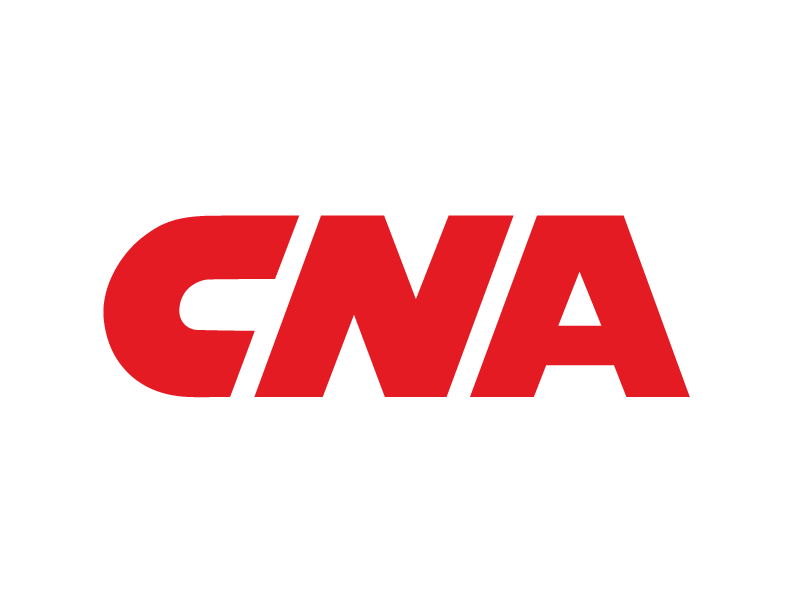Lessons Learned from the 2019 Hurricane Season
The 2019 Hurricane Season has been a strong reminder that hurricanes and tropical storms can be deadly and destructive events. This year’s natural disasters have had a significant impact on communities, businesses and supply chains, changing lives and the way businesses operate. For example, Hurricane Dorian and Tropical Storm Imelda are expected to be the latest additions to the list of Tropical Cyclone Billion-Dollar Disasters.
While forecasting, warning systems, distribution services and community responses have improved, there are three facts and key lessons to be learned from the 2019 hurricane season. Taking a closer look at the events of the 2019 hurricane season will help businesses evolve resiliency through preparedness against hurricanes in the future.
Fact: Tropical storm Imelda and its remnants caused 24 to 36 inches of rainfall over a three-day period across a large area between Houston and Beaumont, Texas. The largest storm total of 43.39 inches was reported at North Fork Taylors Bayou in Texas. Many thousands of homes, cars and businesses were impacted by flood water due to this extraordinarily heavy rainfall. Imelda now represents the fifth, 500-year flood that has impacted a portion of Southeast Texas over the last 5 years.
Lesson #1: Businesses vulnerable to tropical storms should strategically prepare for flooding to occur regardless of the flood map rating. With storms growing stronger and becoming more widespread, natural hazards do not always align with Flood Insurance Risk Maps. Even if a business is outside of a flood risk area, it is important to consider flood insurance to protect all of its critical operations.
Fact: Dorian's intensification to a Category 5 storm marks the fourth consecutive year in which a maximum Category 5 storm developed in the Atlantic basin, which is a new record. Dorian also tied the Atlantic basin maximum sustained wind speed record for a land-falling hurricane (185 mph), which is shared with the historic 1935 Labor Day hurricane.
Lesson #2: It is important that businesses understand their wind exposure risks and their insurance terms and conditions for wind storms, ensuring the businesses have adequately addressed this vulnerability. If there is critical infrastructure in coastal areas, companies should consider hiring an engineering firm to evaluate a building’s resistance to wind. This is especially important for structures built before 2002 when codes were strengthened to address wind issues.
Fact: Ten catastrophic weather events in 2019 are expected to exceed $1 billion in losses in the US. Many of these events occurred outside of coastal areas. In addition to Imelda and Dorian, there were three flooding events and five severe storm events in the US in 2019, which will put the costs of US disasters at more than $10 billion.
Lesson #3: Understanding and planning for local and wide-spread business disruptions is a key component to a well-rounded business strategy and risk management plan. Preparedness, when combined with property and business interruption insurance, is a powerful combination to strengthen your organizational resiliency.
Organizations with operations or supply chains in expected and unexpected areas vulnerable to tropical storms and hurricanes should start planning now for the 2020 hurricane season. Since a hurricane or tropical storm can affect a business in many ways, it may seem overwhelming when trying to determine how best to prepare an organization for the storm season and minimize the potential impact. Checklists, such as this one, can assist in developing an action plan based on the potential areas of impact to an organization. With the right preparation and planning ahead of hurricane season, you can help make the surrounding communities and businesses safer and more sustainable.
One or more of the CNA companies provide the products and/or services described. The information is intended to present a general overview for illustrative purposes only. Read CNA’s General Disclaimer.
